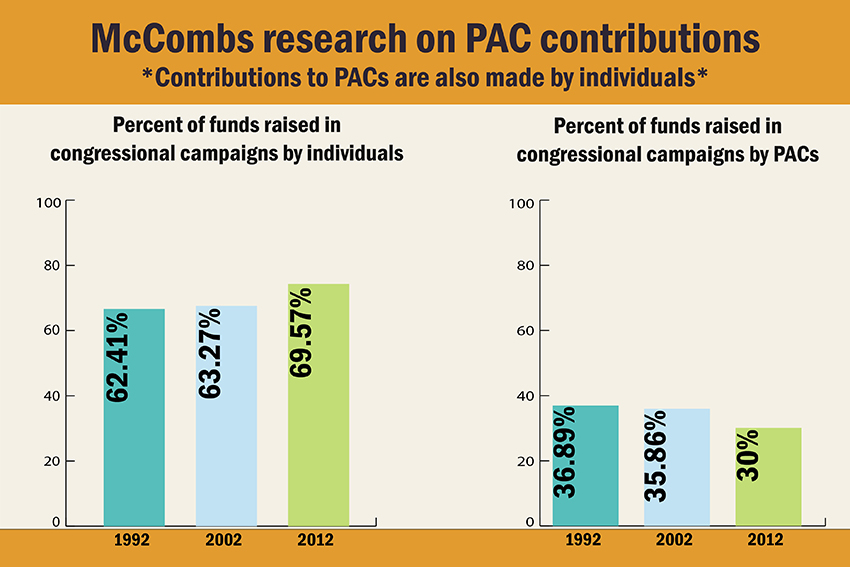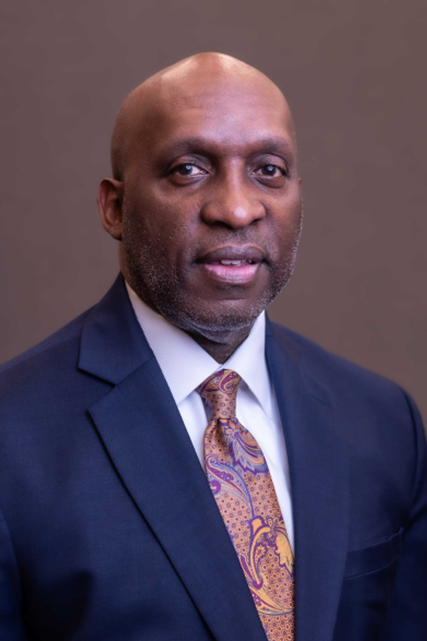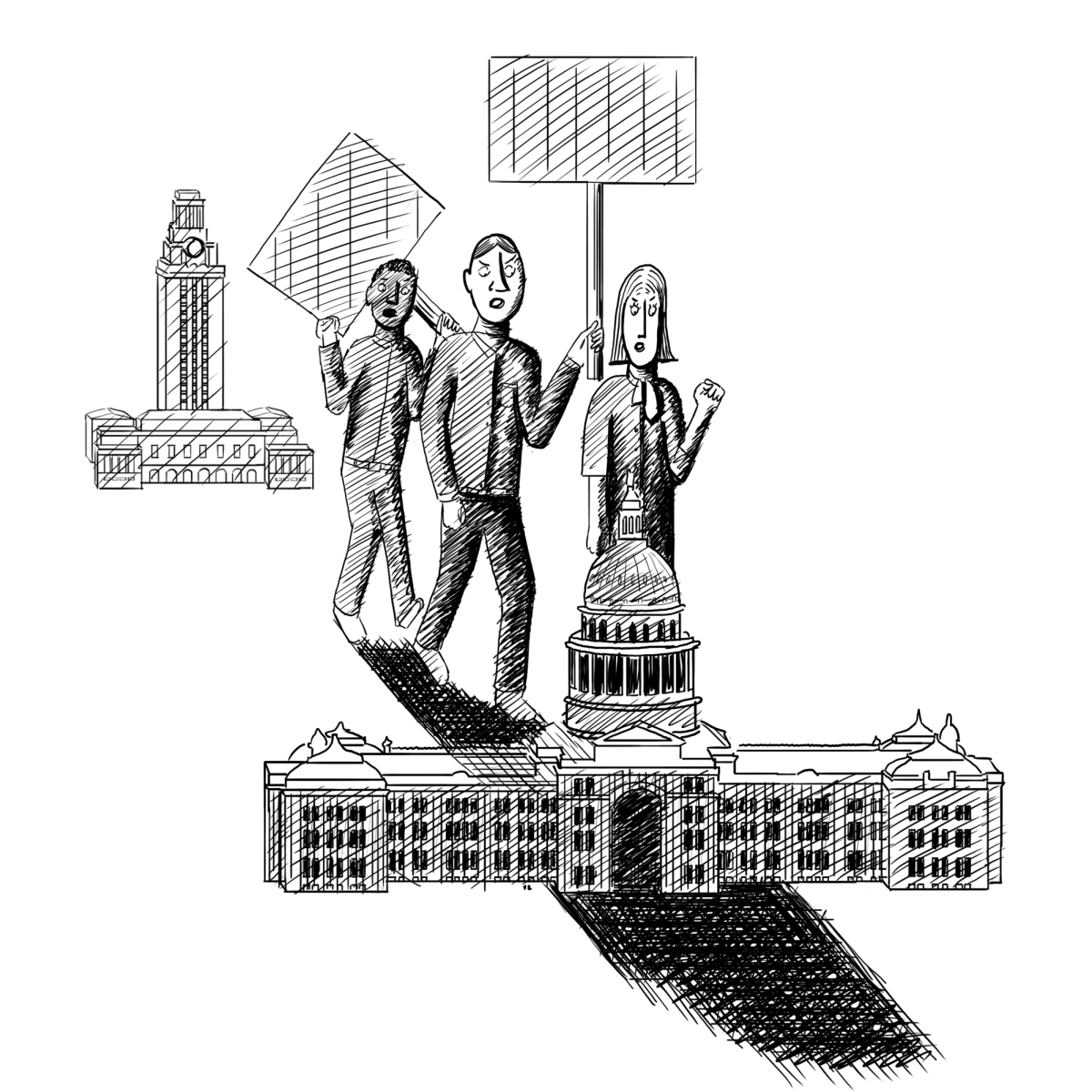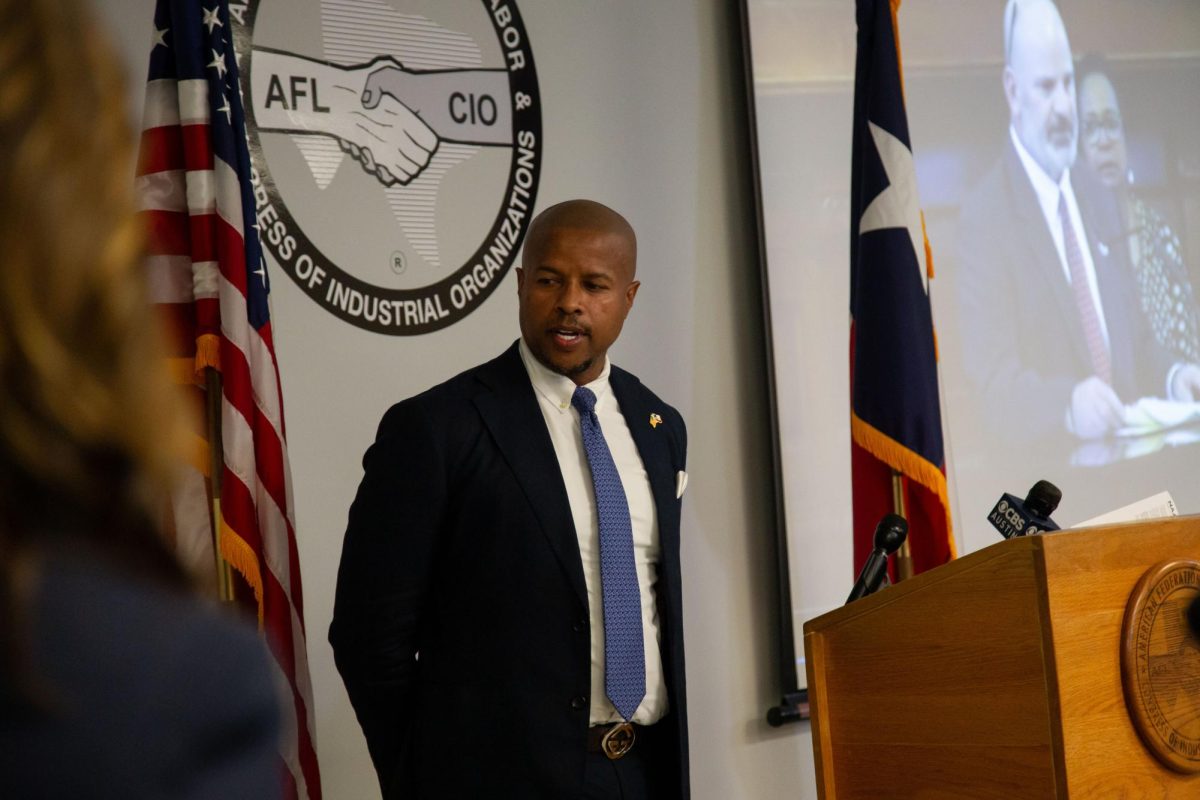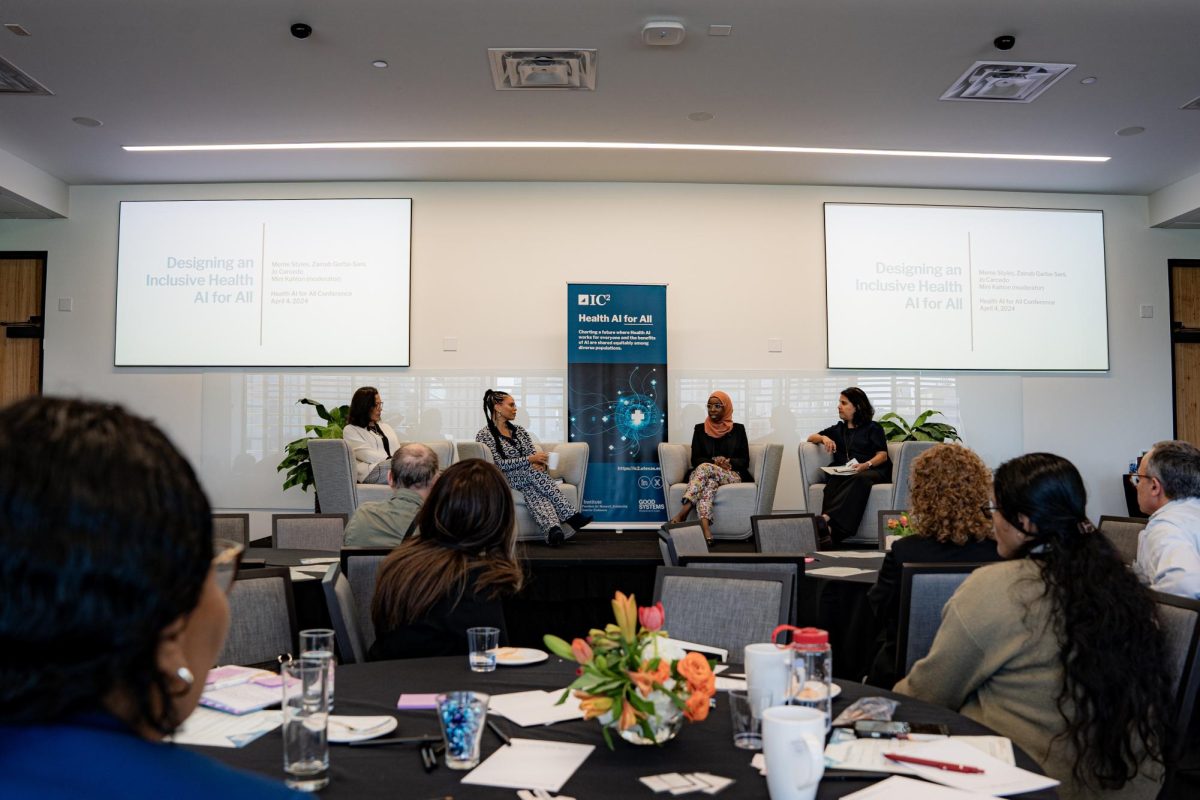Individuals donate more to political campaigns than political action committees do, according to research from McCombs professors Brian Richter and Timothy Werner.
PACs are organizations that can raise money to be donated to federal political campaigns. According to federal campaign finance law, individuals may make donations to PACs in addition to the $2700 limit on individual donations to federal campaigns, with individual donations accounting for 70 percent of funds raised in congressional elections from 1992 to 2012. Richter and Werner conducted research about funds raised in congressional elections that appeared in a textbook, “Interest Group Politics.”
In 2006, 30.54 percent of campaign contributions in congressional elections came from PACs. Of the that 30 percent, 50 percent came from corporate PACs, 23 percent from labor PACs and 27 percent from ideological PACs, according to the professors’ research. Richter said campaign finance research does not demonstrate a direct correlation between donations to campaigns and election outcomes.
“The idea that campaign contributions buy elections is very hard to support empirically with rigorous statistics,” Richter said.
Despite that fact, Werner said it is true that individuals can buy access to politicians.
“You might not sway their vote, but you’ll have the ability to meet with them,” Werner said. “There is a relationship between how much they care about an issue and how much action they’re willing to take and campaign contributions.”
Richter said a common misconception is that corporations give directly to politicians.
“Firms can’t make campaign contributions to federal politics in the U.S.,” Richter said. “That’s been illegal since [the Tillman Act of 1907]. A political action committee that has a company’s name on it is not money that the company earned, it is money that is made up from individuals who have an association with the company, so it’s legally distinct.”
Richter also said money in electoral politics is far too intricate to generalize.
“Things like caps [on contributions] are designed in theory to limit the amount of money; in practice, they probably make transparency more difficult than anything else,” Richter said.
Alex Ohrn, a business administration graduate student, who has never donated to a political campaign, said he prefers to donate his money to charities rather than to campaigns.
“The first thing I think is, ‘What a terrible waste of resources,’” Ohrn said. “It’s astronomical amounts of money that are spent to do nothing more than get a particular person who represents certain special interests elected.”



